At TMJ and Dental Sleep Solutions of New Orleans, we understand that snoring is more than just an annoyance; it can impact your health, relationships, and quality of sleep. Living in a city like New Orleans, known for its lively culture and vibrant nightlife, maintaining good health is essential to enjoying all the Crescent City has to offer. Snoring, however, can disrupt not only your sleep but also the sleep of those around you. Let’s dive into the root causes of snoring, its implications, and possible solutions.
What Is Snoring?
Snoring is the sound produced by the vibration of soft tissues in the throat during sleep. It occurs when airflow is partially obstructed as it moves through the mouth, nose, and throat. While snoring is common and affects millions of people, the severity and causes can vary significantly.
The Anatomy of Snoring
To understand snoring, it’s essential to know the parts of the upper airway involved in breathing. The key players include:
- Nasal passages: Blocked nasal passages due to allergies or a deviated septum can increase the likelihood of snoring.
- Soft palate and uvula: These tissues can relax and vibrate excessively during sleep, causing the characteristic snoring sound.
- Tongue: A relaxed tongue can fall back into the throat, narrowing the airway.
- Throat muscles: Weak throat muscles can lead to a partially collapsed airway during sleep.
Common Causes of Snoring
- Obstructive Sleep Apnea (OSA): One of the most serious causes of snoring is obstructive sleep apnea, a condition where the airway becomes blocked, leading to pauses in breathing during sleep. OSA is often accompanied by loud, frequent snoring and can have significant health consequences if left untreated.
- Obesity and Weight Gain: Excess weight around the neck can put pressure on the airway, increasing the risk of snoring. Fatty tissues can narrow the air passages, making it harder for air to flow freely.
- Sleeping Position: Sleeping on your back can cause the tongue and soft palate to collapse to the back of your throat, leading to snoring.
- Alcohol and Sedatives: Alcohol and sedatives relax the muscles of the throat and reduce your natural defenses against airway obstruction, making snoring more likely.
- Nasal Congestion and Allergies: Conditions like seasonal allergies, sinus infections, or a deviated nasal septum can block nasal airways, forcing you to breathe through your mouth and increasing the chance of snoring.
- Age: As we age, the throat muscles naturally lose tone and elasticity, which can contribute to snoring.
- Genetics and Anatomy: A narrow airway, enlarged tonsils, or a long soft palate can increase your risk of snoring. Genetics often play a role in determining the structure of your airway.
Why Addressing Snoring Is Important
Snoring is more than just a nuisance; it can signal underlying health issues, such as:
- Heart Disease and High Blood Pressure: Sleep disruptions caused by snoring or sleep apnea can strain your cardiovascular system.
- Daytime Fatigue: Poor sleep quality can lead to decreased productivity, mood swings, and difficulty concentrating.
- Relationship Strain: Partners of snorers often experience disrupted sleep, which can lead to tension in relationships.
How to Reduce or Stop Snoring
At TMJ and Dental Sleep Solutions of New Orleans, we specialize in treating snoring with a comprehensive and personalized approach. Here are some common solutions to address snoring:
1. Lifestyle Changes
- Weight Management: Losing excess weight can reduce pressure on the airway.
- Sleeping Position: Sleeping on your side instead of your back can minimize snoring.
- Avoid Alcohol and Sedatives: Limiting these substances, especially before bedtime, can improve muscle tone.
2. Address Nasal Congestion
- Use saline sprays or nasal strips to improve airflow through your nose.
- Treat allergies with medication or immunotherapy if needed.
3. Oral Appliances
Custom-made oral appliances can reposition the jaw and tongue to keep the airway open. Our clinic offers expert fitting and monitoring of these devices.
4. Continuous Positive Airway Pressure (CPAP) Therapy
CPAP machines provide a steady stream of air to keep the airway open, making them an effective solution for obstructive sleep apnea.
5. Surgery
In severe cases, surgical options like uvulopalatopharyngoplasty (UPPP) or nasal septum correction may be recommended.
Seeking Professional Help in New Orleans
Snoring may be common, but it shouldn’t be ignored. At TMJ and Dental Sleep Solutions of New Orleans, we offer state-of-the-art diagnostics and treatments to help you or your loved ones achieve restful, uninterrupted sleep.
If you or your partner is struggling with snoring, contact us today to schedule a consultation. Together, we’ll find a solution tailored to your needs, allowing you to enjoy every moment of life in New Orleans—whether it’s savoring a jazz performance or waking up refreshed to explore the French Quarter.
Contact us today to start your journey to better sleep!
